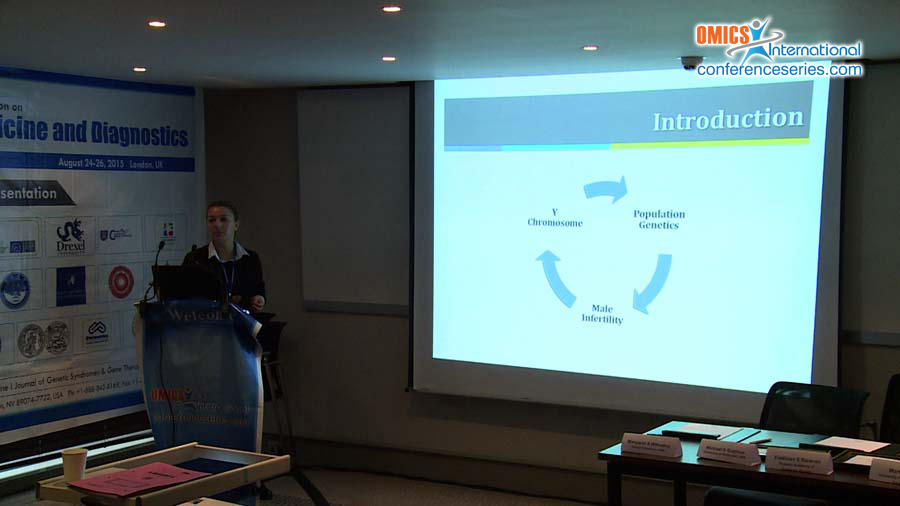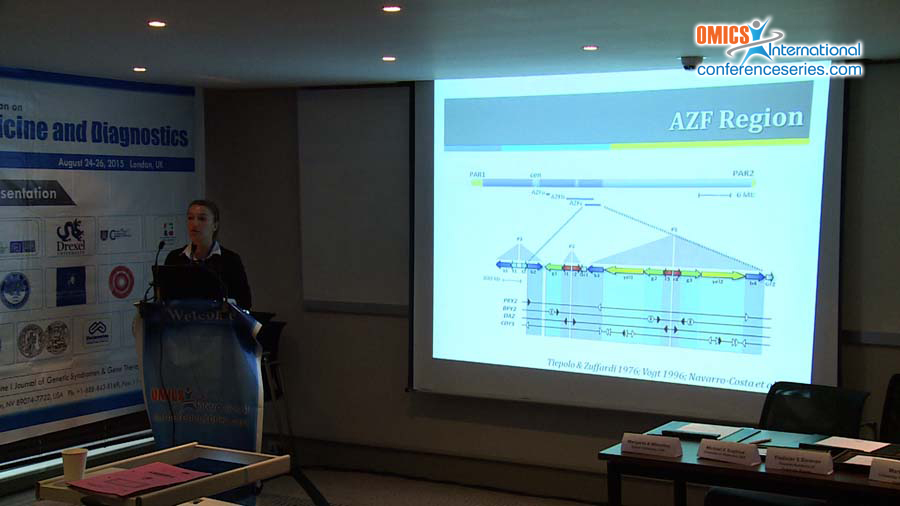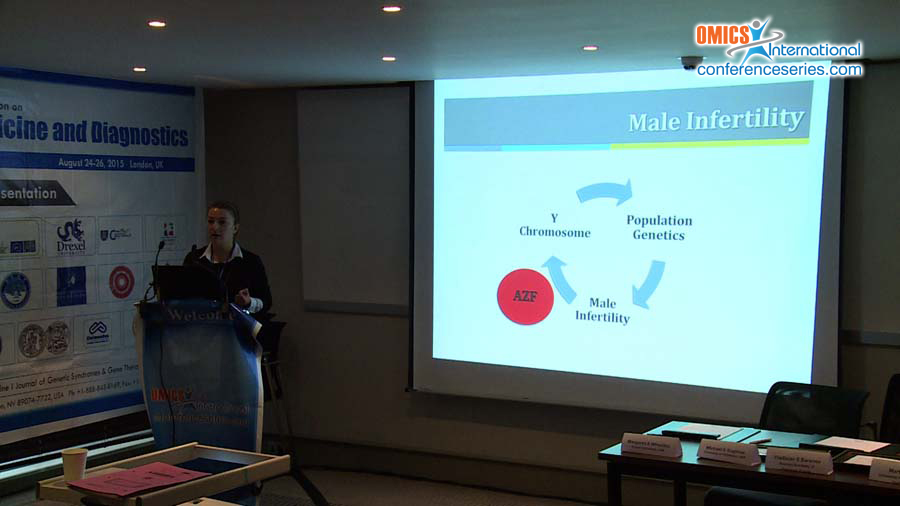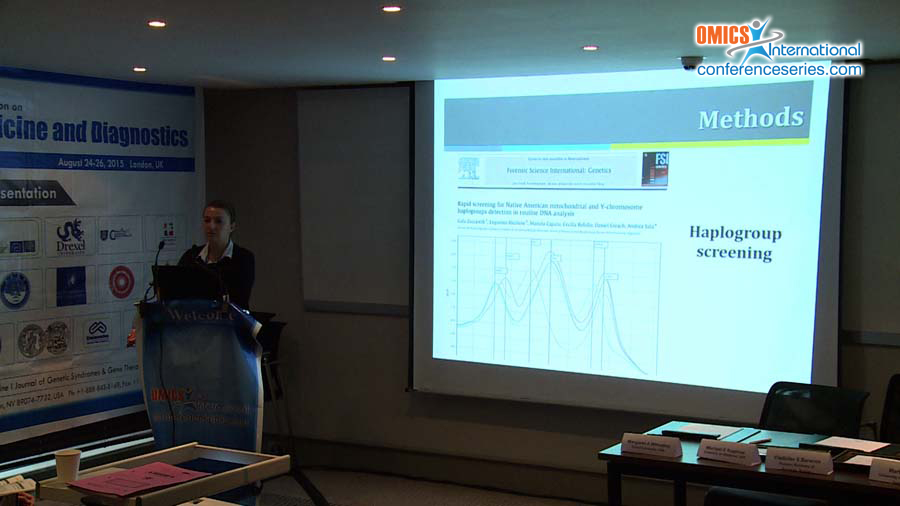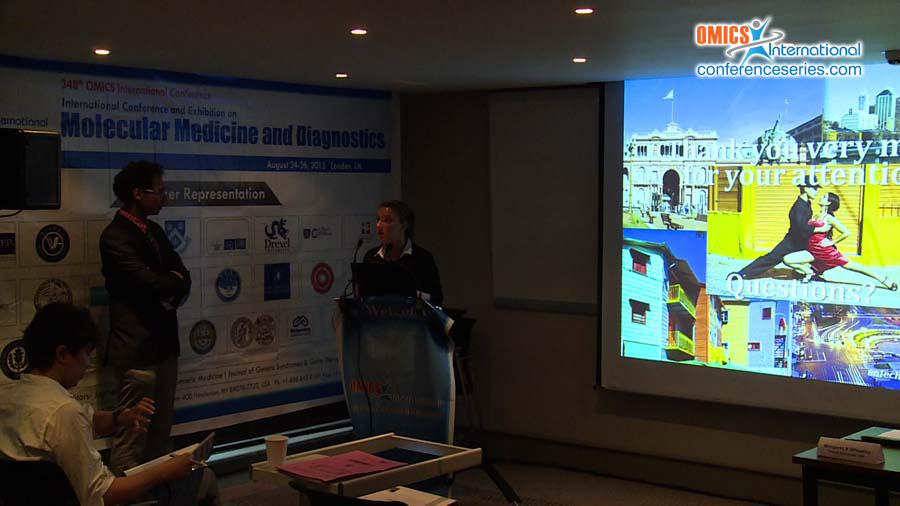
Evguenia Alechine
University of Buenos Aires, Argentina
Title: New insights into the genetic diagnosis of male infertility: Y chromosome, ethnicity and sperm recovery
Biography
Biography: Evguenia Alechine
Abstract
The bases of the diagnosis of genetics causes of male infertility have been established more than 10 years ago. Nevertheless, its accuracy and predictive value are still controversial. While the update of the international recommendations still point to the study of a specific set makers located in the AZF region of the Y chromosome, many research groups worldwide question their utility in populations with different ethnic origin. The Argentinean male population is characterized by AZF microdeletions that do not correlate with testicular sperm recovery, together with the majority of the azoospermic patients without classical microdeletions belonging to the Native American Y-chromosome haplogroup Q-M3. Our research is focused on the analysis of complete and partial AZF microdeletions, haplogroup characterization for ethnicity association, and correlation with sperm count and sperm recovery from testicular biopsies. Taken together our results show that AZFb and AZFc microdeletions do not correlate with absence of sperm in the testis, and that partial gr/gr microdeletions are not associated with male infertility in the Argentinean population. This scenario underscores the importance to reconsider the international guidelines regarding the predictive value and application of the suggested markers in populations with different ethnic backgrounds. Therefore, we developed a method for spermatogenesis candidate genes screening in infertile patients that could improve the diagnostic and prognostic value of the genetic testing.

